Organic Chemistry Practice Problems

Though the site is not very visually appealing, it contains a relatively large database of practice questions for Organic Chemistry.

Though the site is not very visually appealing, it contains a relatively large database of practice questions for Organic Chemistry.
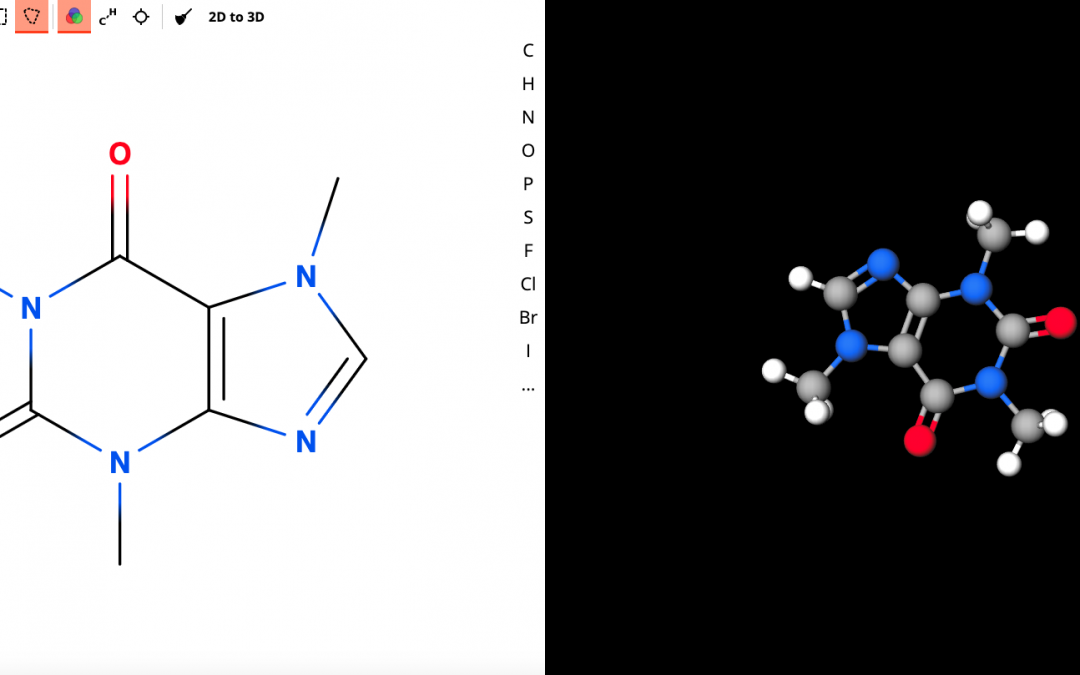
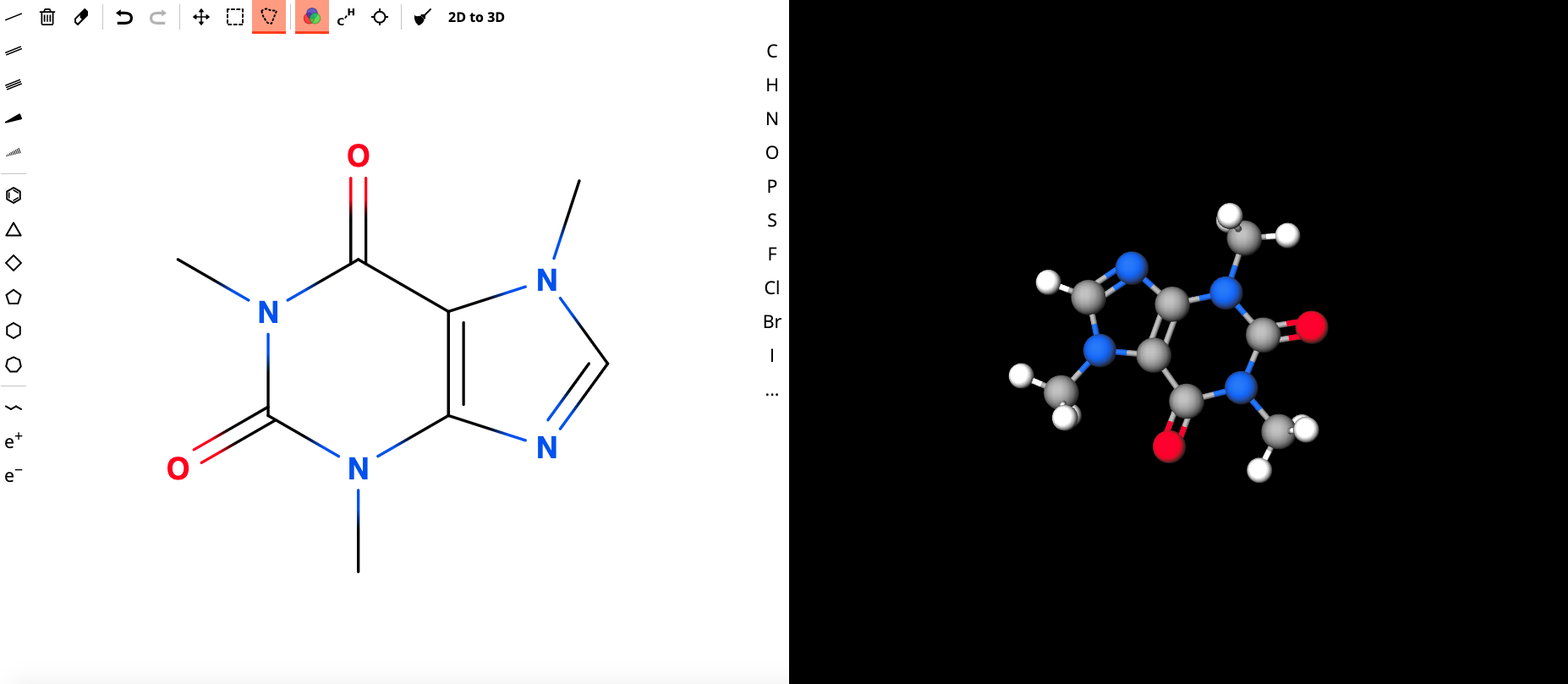
MolView is an open-source, intuitive web-application to make chemistry and biology. This application consists of two main parts, a structural formula editor and a 3D model viewer. User can employ 2D to 3D button to convert a molecule into a 3D model which is then displayed in the viewer.
This site works beautifully on Chromebooks!

Noteflight is a robust application for music teachers. They do offer a free trial, but in order to access this, you must contact the company. Their product prices in at approximately $7 per student, and membership allows the teacher to organize classes, create assignment and gives access to a library of musical scores and lessons. Their site specifically states that their application works on Chromebooks.
Their privacy policy is suitable for use in Canada. They state “The only identifying information collected is on the teacher and the school. All students are assigned unique usernames by the teacher; therefore Noteflight does not collect any personal information on students.” This means that teachers can enter students using false (game) names. An easy way to do this is to use the student’s first name and make their last name your school or town name. For example: Jayden Delburne or Laura Beacon.
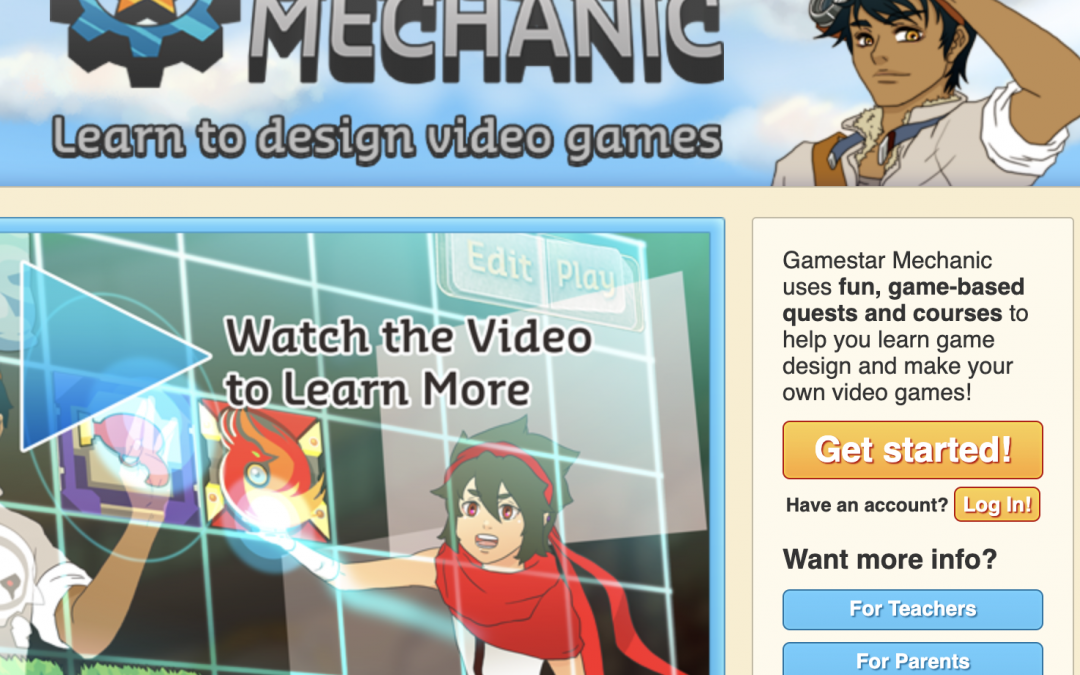

Gamestar Mechanic is an online application to allow people to build a digital game. It also teaches students how to build a game in their application through the playing of a game. The exclusive educational package is priced at $2 per student.
Teachers using this utility can register their students using a false name (I prefer the term game name). When I was teaching, I used the student’s first name, and then a portion of my school’s name for the last name (all my students had the same last name). The only reason Gamestar even asks for names is to assist the teacher in tracking their students within the tracking features.
Examples of names could be Aidan Grandview or Tessa Fox.
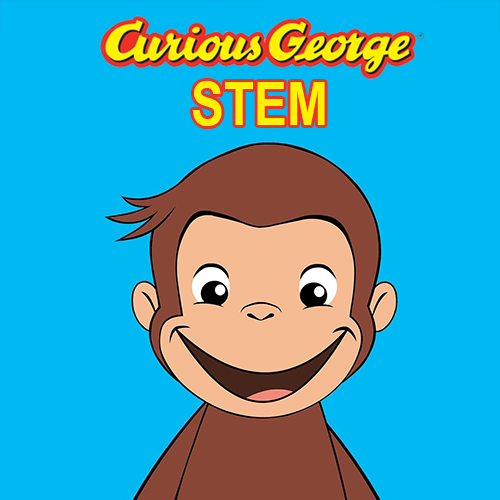

Using a well-known character from a series of children’s books, PBS has created a fantastic set of lessons to spark curiosity in young learners. The lessons in Curious George STEM include measuring, building and simple machines. Students are asked to think critically, predict outcomes, share observations and formulate theories to build the habits of mind that lead to academic success.


Omni Calculator offers a host of calculators for all types of calculations, but their selection of physics calculators is particularly impressive.
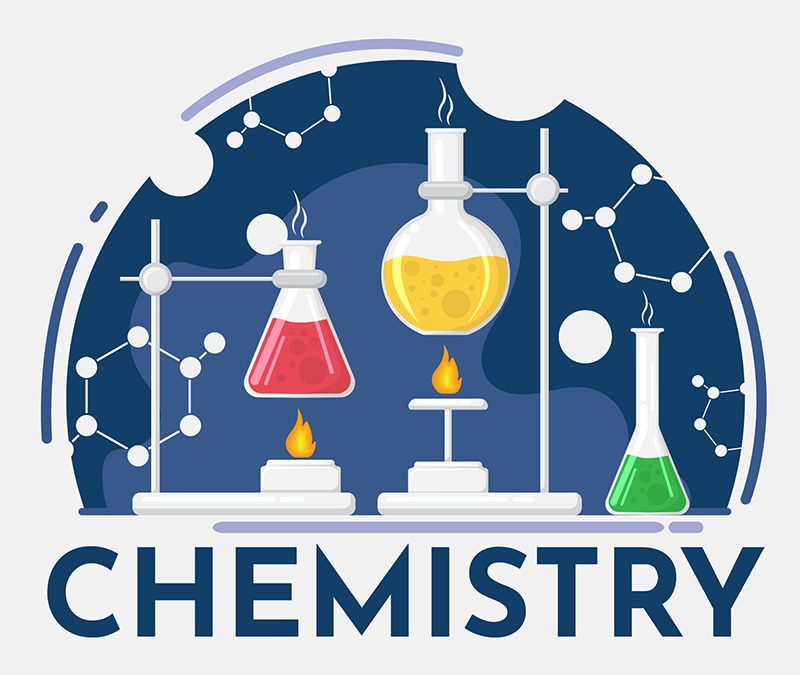
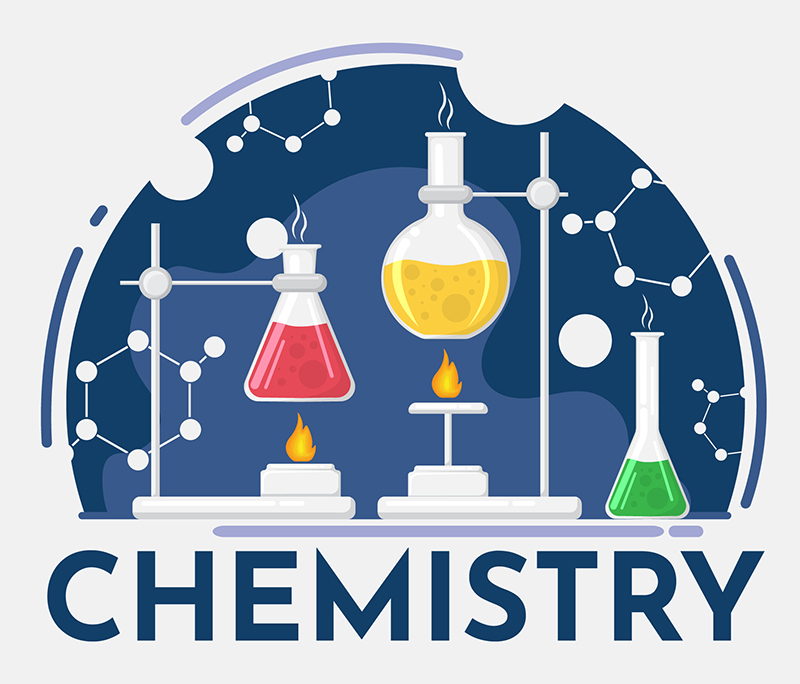
Science Geek has a large file of Chemistry Review activities, and they are converting them to html5 (which means Chromebook compatible). Many of their interactive resources are already Chromeboook ready.


Though the site is not very visually appealing, it contains a relatively large database of practice questions for Organic Chemistry.
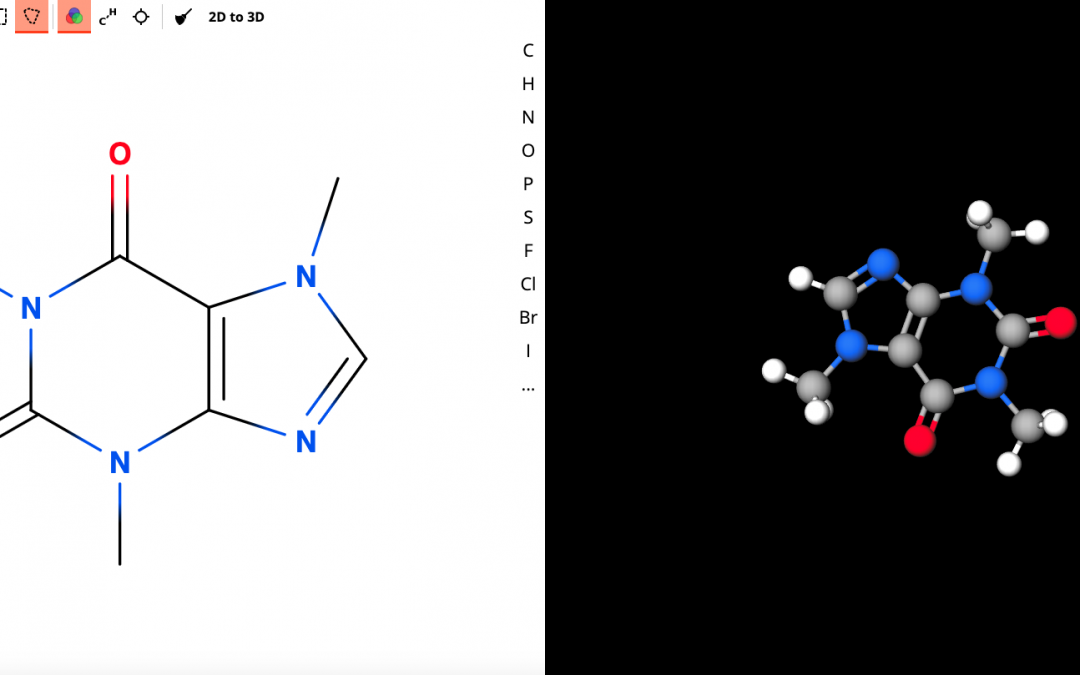

MolView is an open-source, intuitive web-application to make chemistry and biology. This application consists of two main parts, a structural formula editor and a 3D model viewer. User can employ 2D to 3D button to convert a molecule into a 3D model which is then displayed in the viewer.
This site works beautifully on Chromebooks!
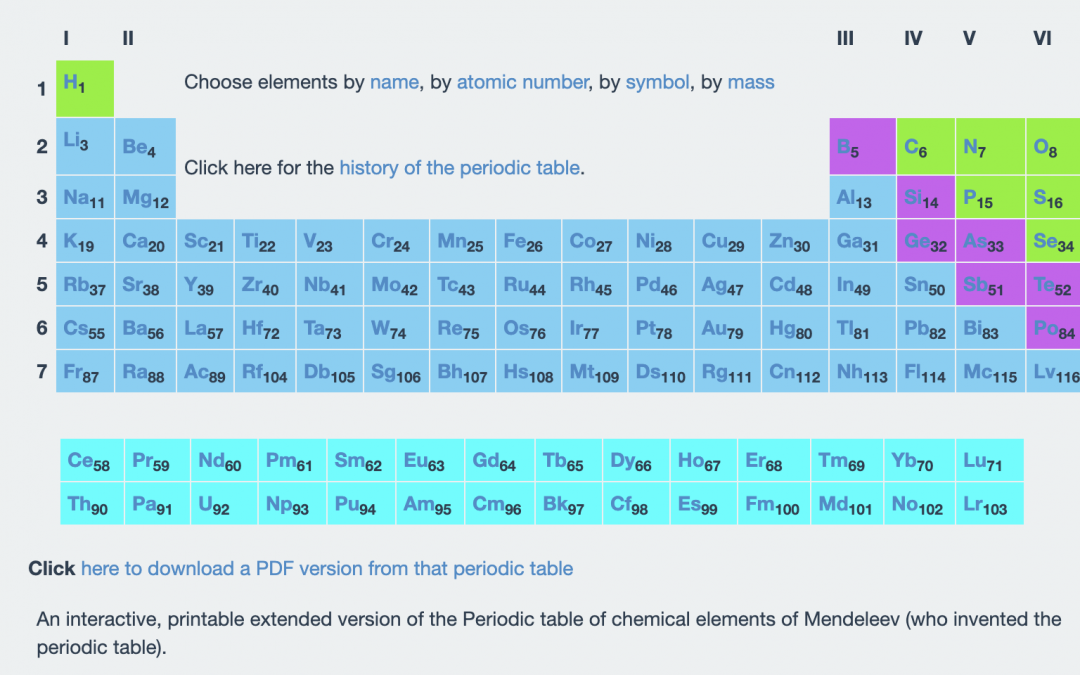
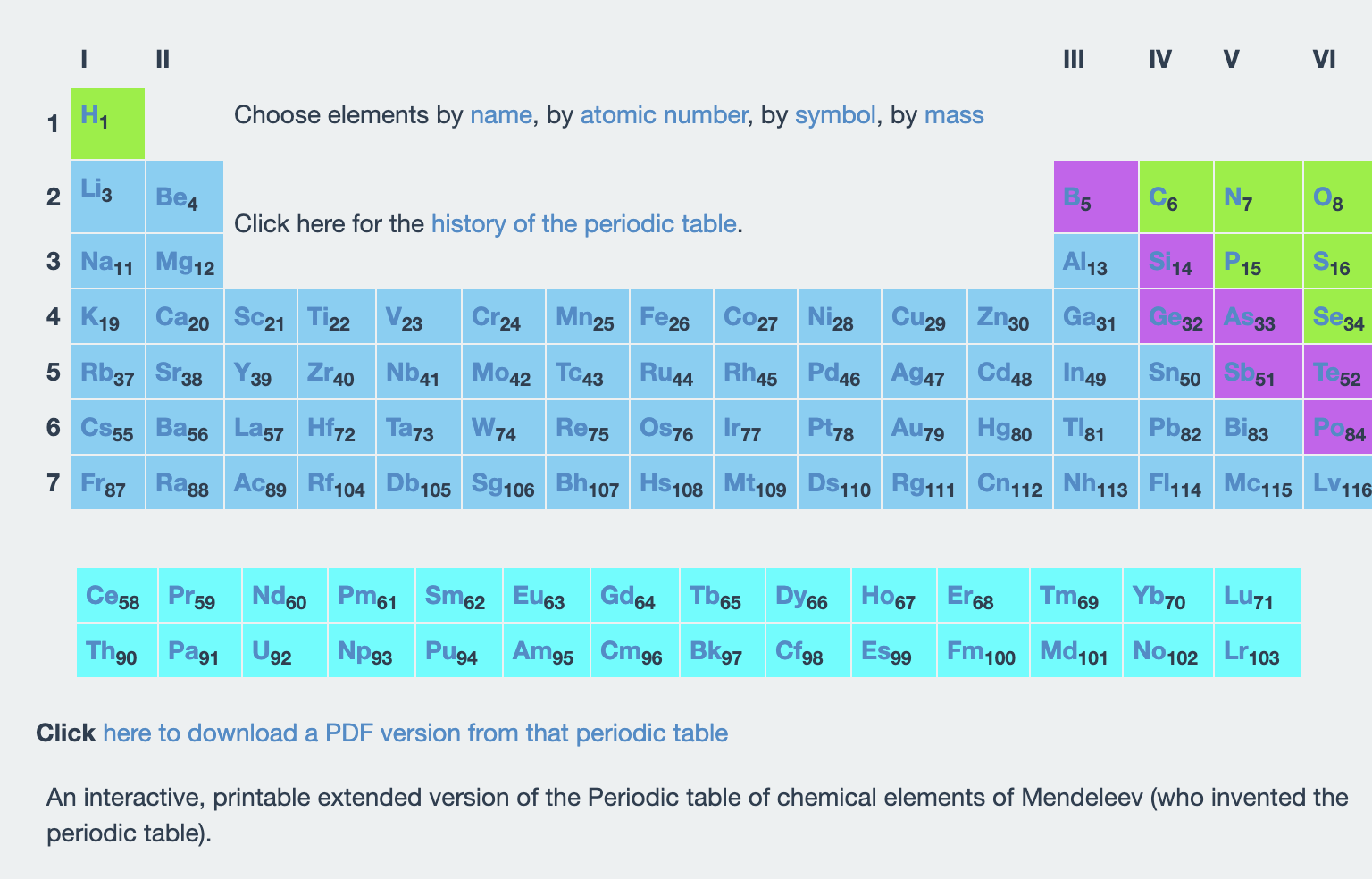
This advanced periodic table includes health and safety information.


Chem Ed Exchange is a site for – you guessed it – chemistry and science teachers! They have a great deal of free content in addition to their paid content.
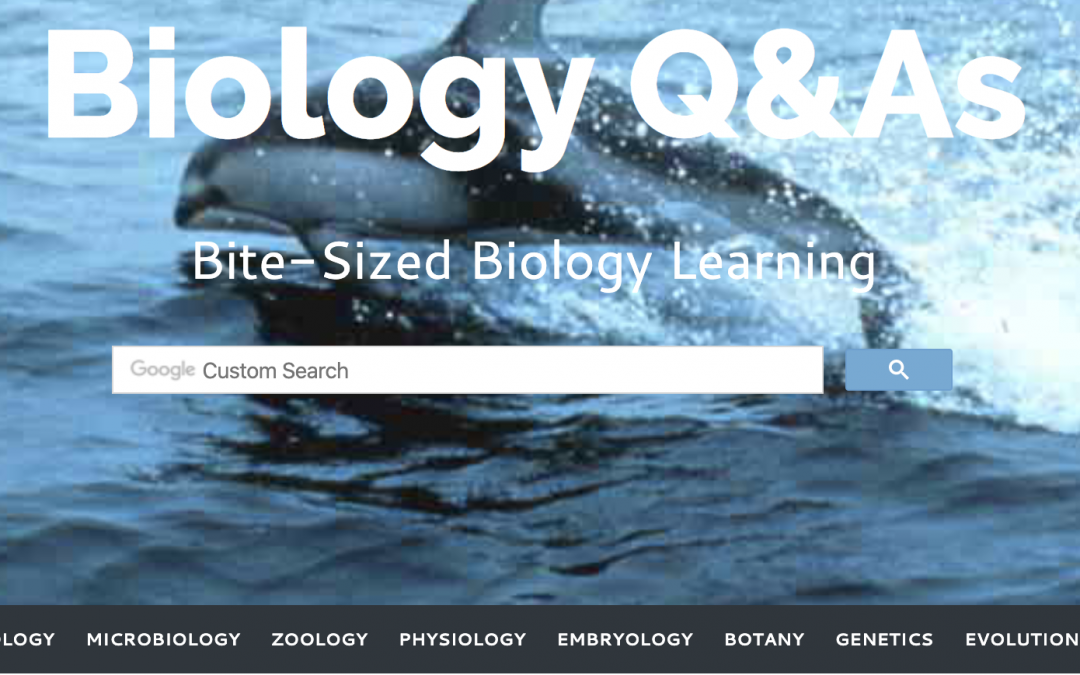
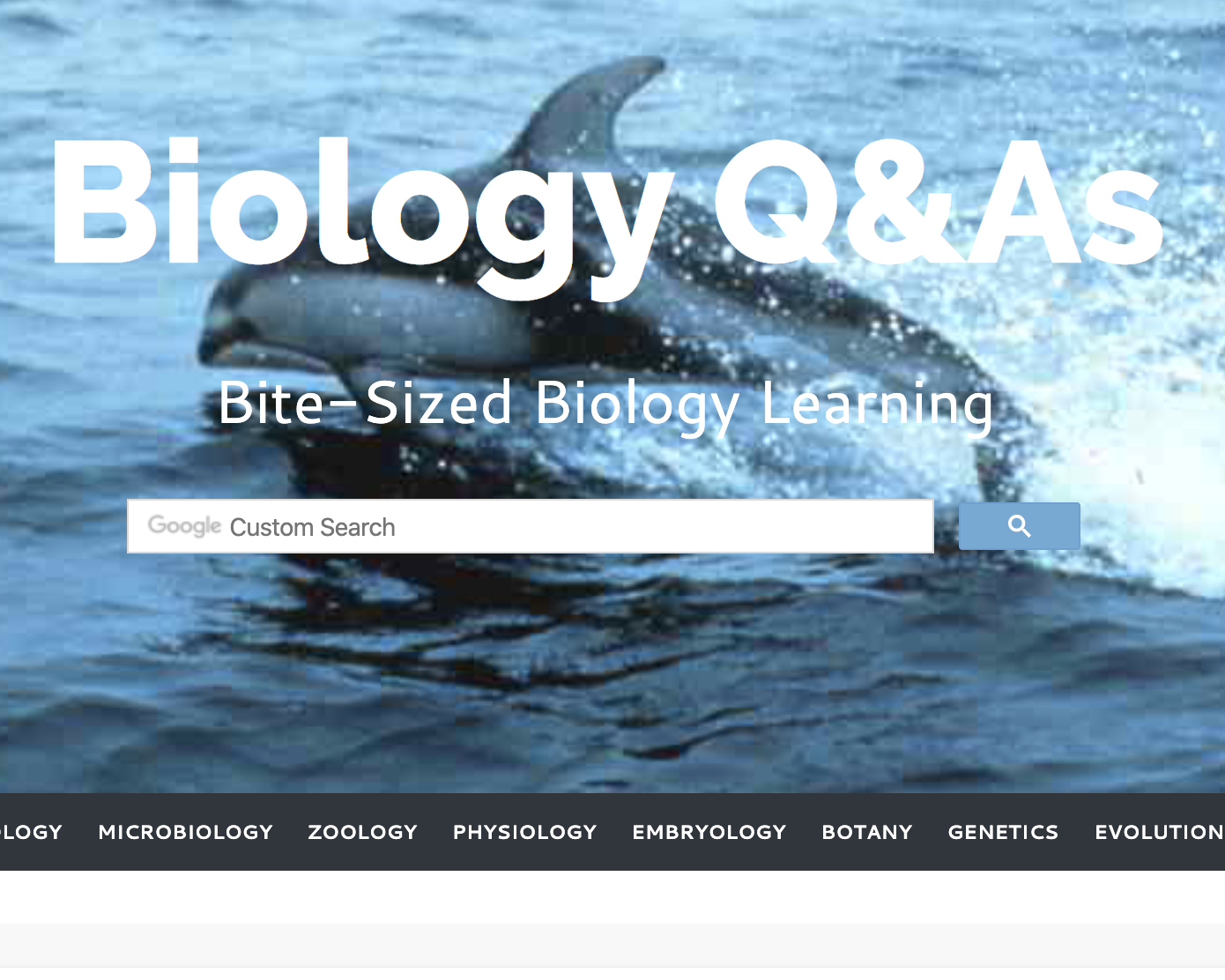
Based on theory of knowledge and brain science, Biology Q&As was specifically designed, written and organized to make learning biology easier. More than 1800 bite-sized Q&As, covering all of the primary branches and subjects in biology, are available to make studying biology as easy as possible.
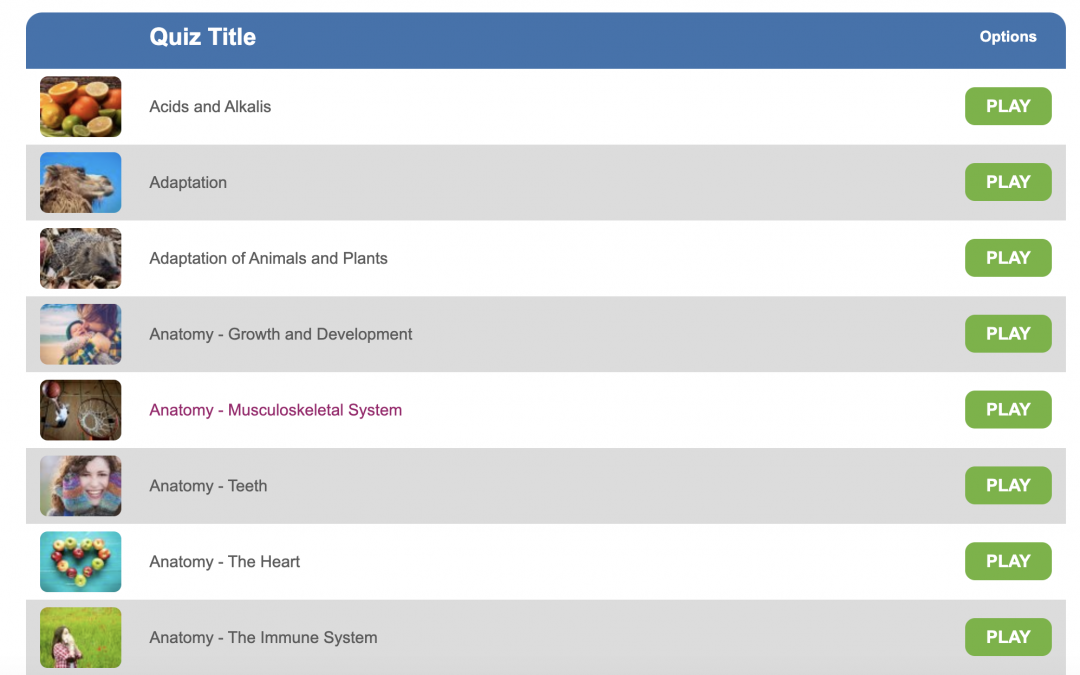
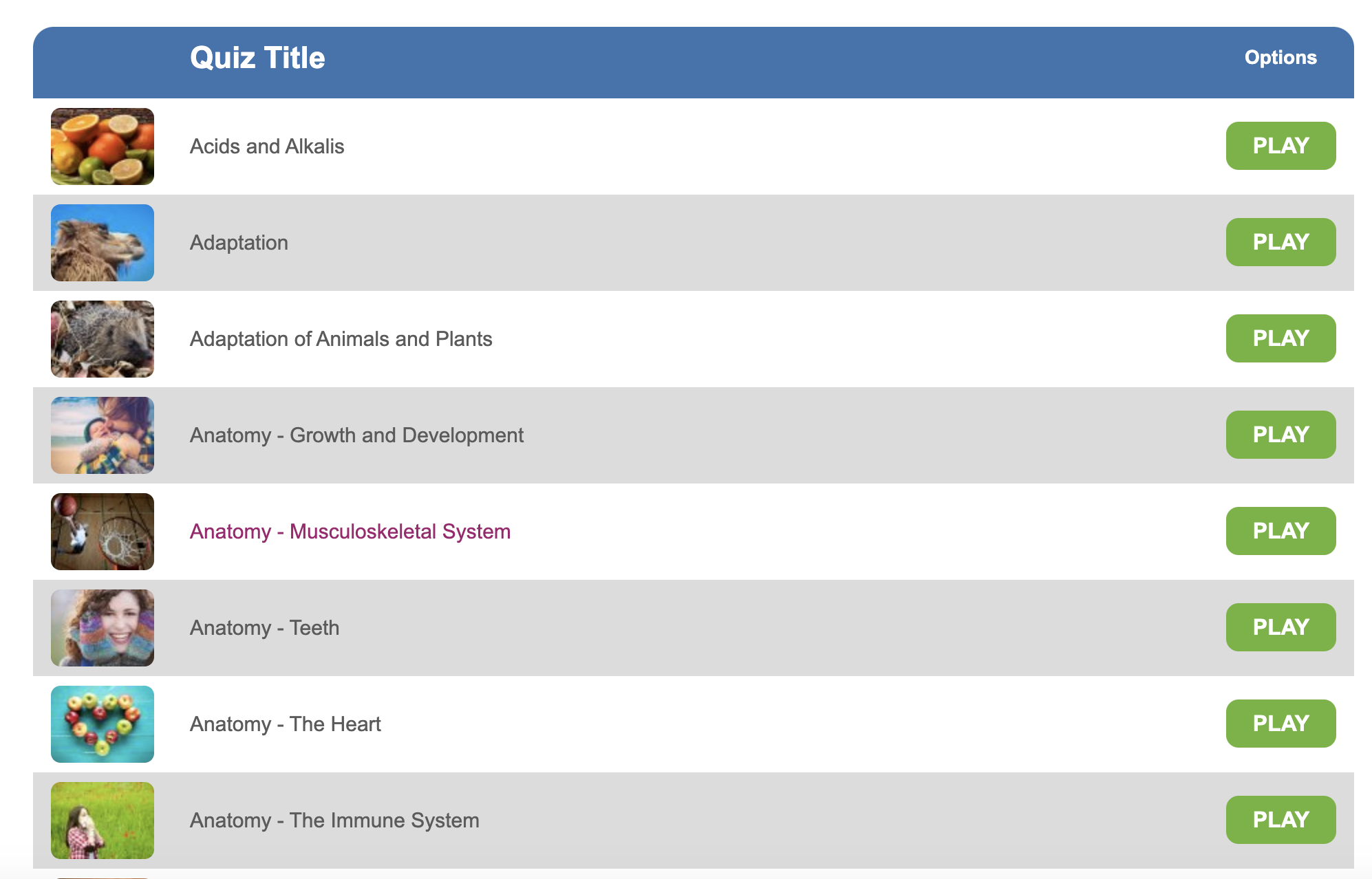
Education Quizzes offers a wide range of quizzes on a variety of topics. It is American in its content, but science crosses all borders.
This tool should be used as a supplemental tool and for practice quizzes. It requires payment to have an account, but the quizzes can be used without logging in.
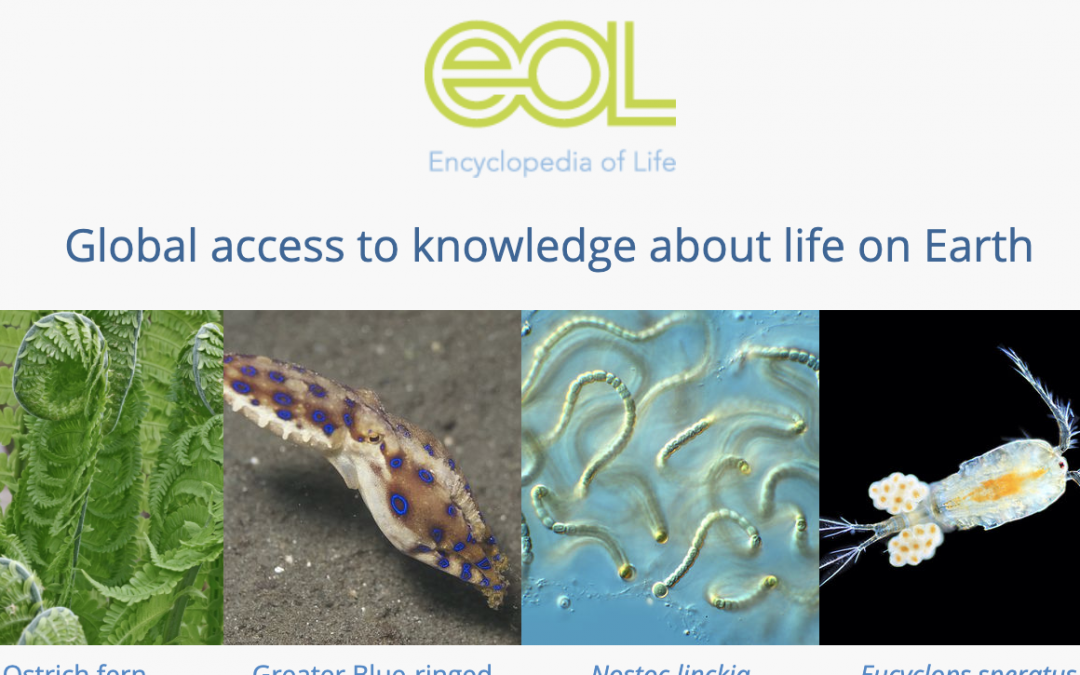
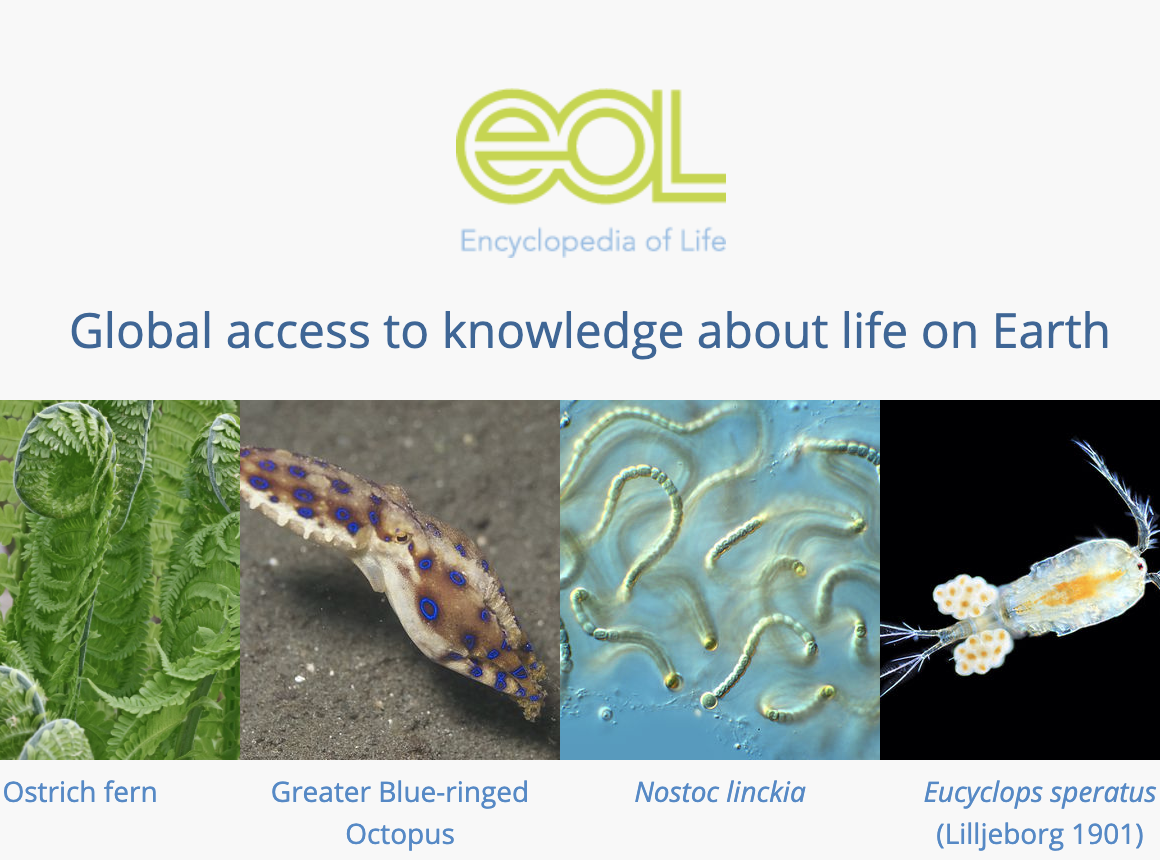
The Encyclopedia of Life offers vast amounts of information about all forms of life on earth. They offer biodiversity cards, data searches, trait-based models and a host of other information to enrich the learning of life sciences.
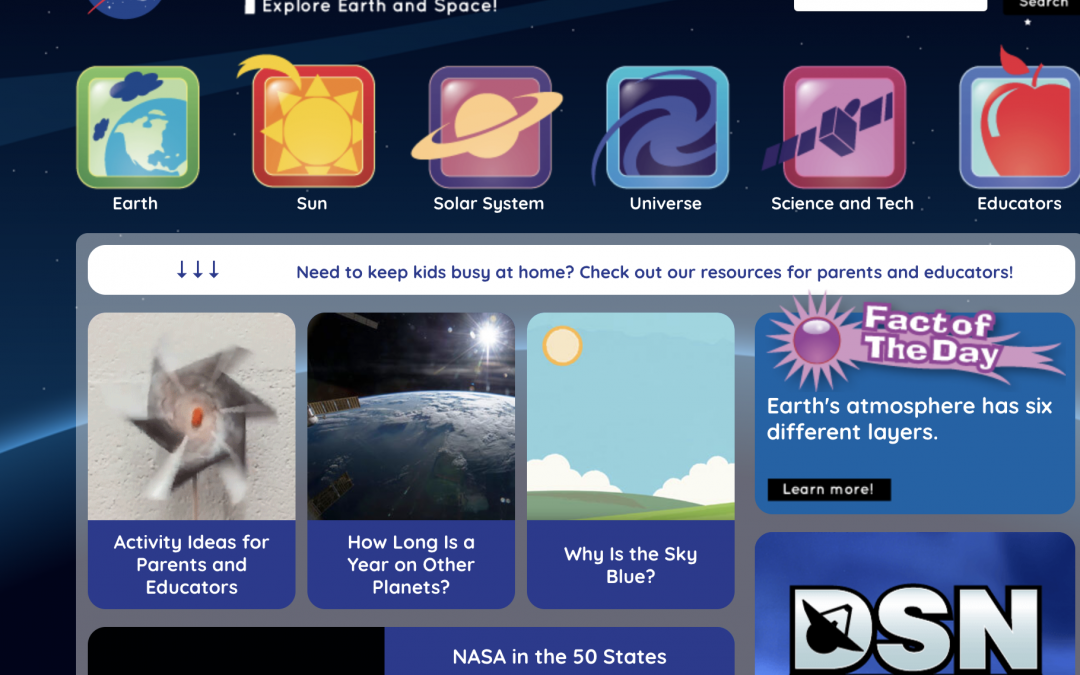
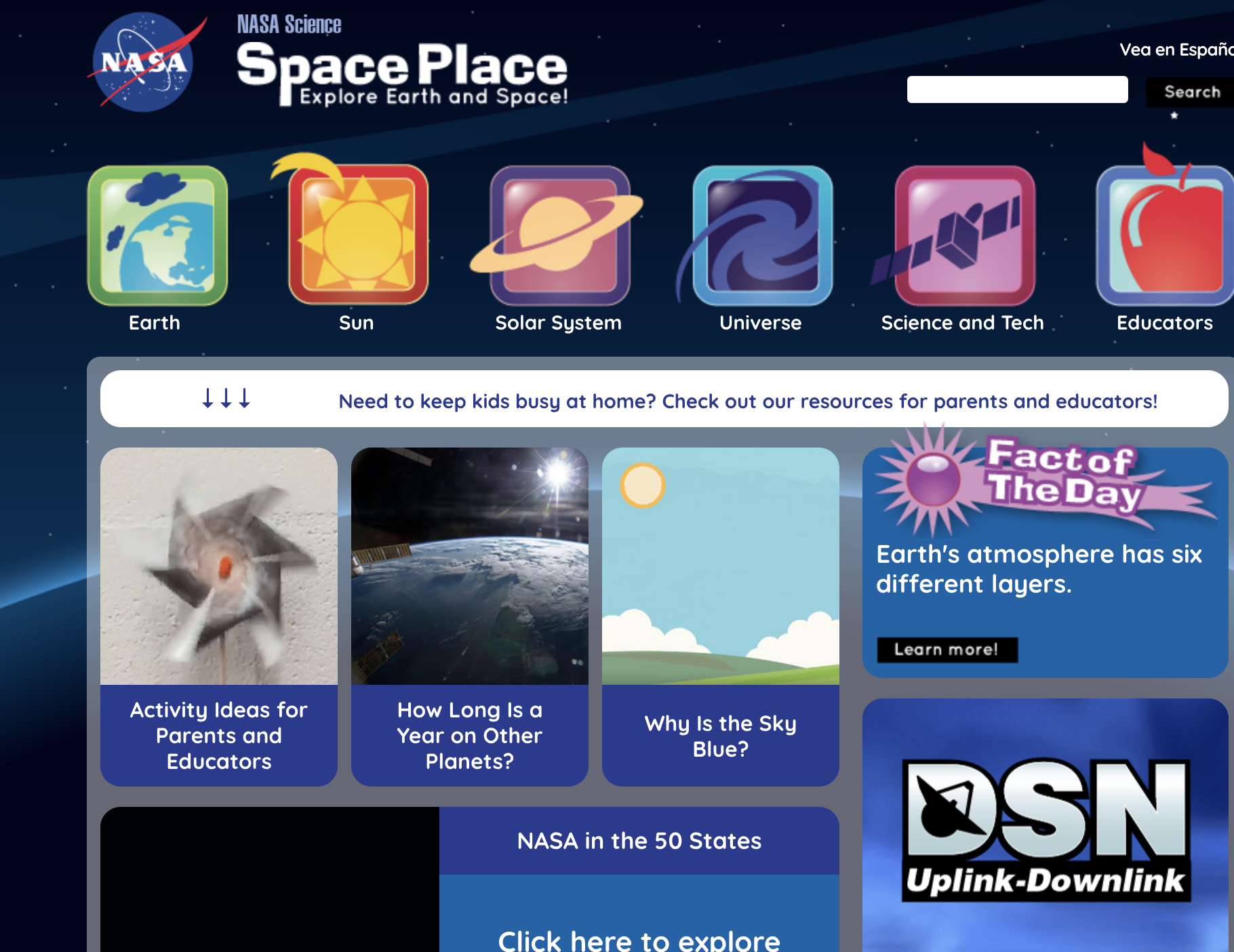
Launched in 1998, NASA Space Place‘s mission is to inspire and enrich upper-elementary-aged kids’ learning of space and Earth science online through fun games, hands-on activities, informative articles and engaging short videos. With material in both English and Spanish and resources for parents and teachers, NASA Space Place has something for everyone.